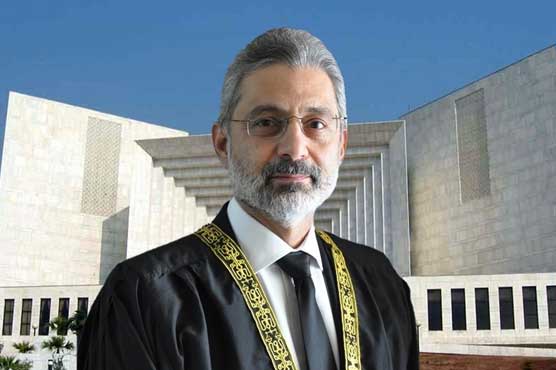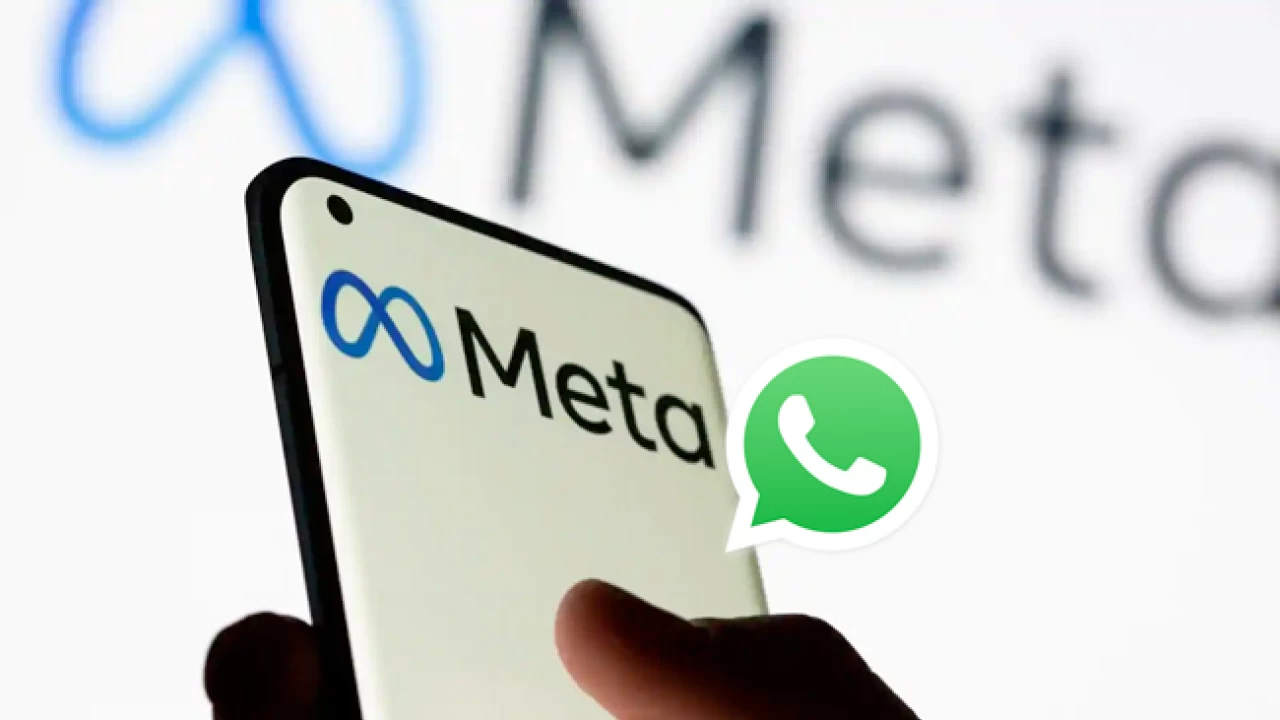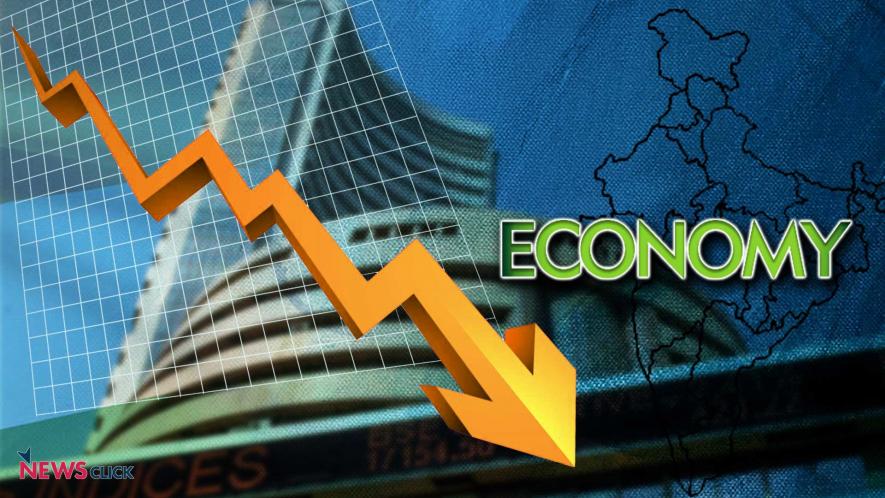Editorial
The legal community in Pakistan is deeply disappointed, particularly those who had high hopes for the new leadership of the Supreme Court. These lawyers believed a new era of judicial independence had begun after last year’s change of guard.
This disappointment stems from the Supreme Court’s handling of a recent complaint. Six judges from the Islamabad High Court (IHC) came forward with a serious accusation: intelligence agencies were repeatedly interfering in the judiciary’s work. This interference included spying on, threatening, and intimidating judges.
Many in the legal community, who had placed their trust in the Supreme Court’s new leadership, feel a deep sense of betrayal. They expected the court to take a strong stance against the blatant attempt to undermine judicial independence. However, the court’s perceived inaction on several fronts, including human rights abuses, violations of court orders, and the Constitution, has left them disillusioned.
Given the existing criticism and the potential threat to judicial independence, the expectation was that the court would finally take a stand. However, instead of taking decisive action, the Supreme Court passed the buck to the government. The court agreed to an inquiry commission but with a major caveat: the government itself would decide who would be on the commission and what its mandate would be. This decision raised several red flags, threatening the very independence of the judiciary.
Firstly, some question whether a retired judge, leading the commission, can effectively hold powerful figures accountable. These figures include both sitting high court justices and potentially even military generals. The concern is that a retired judge wouldn’t have the authority or leverage to properly question these individuals, especially if they are implicated in the alleged misconduct.
The impartiality of the inquiry is not just a concern, it’s a serious injustice. The current government includes individuals potentially implicated in the interference, or at least holding responsibility for the actions of the intelligence agencies. How can the court expect a fair investigation from a potentially compromised body? This raises serious questions about the integrity of the process.
The Supreme Court’s press release attempted to reassure the public, stating that the Chief Justice would not tolerate interference in judicial affairs. However, the court’s actions contradict this statement. The IHC judges simply requested a discussion about their experiences and guidance on how to handle future threats.
Instead, the Supreme Court opted to wash its hands of the matter, inviting the very entity potentially responsible for the problem to investigate itself. This approach undermines the public’s expectation of an independent judiciary fiercely protecting its domain. In light of these concerns, the Supreme Court needs to reconsider its course of action.
Please, subscribe to the YouTube channel of republicpolicy.com

















